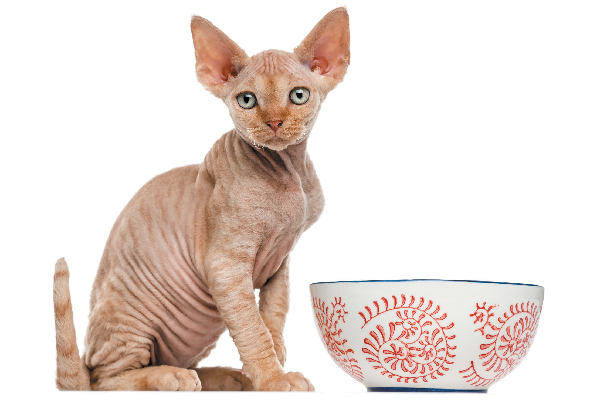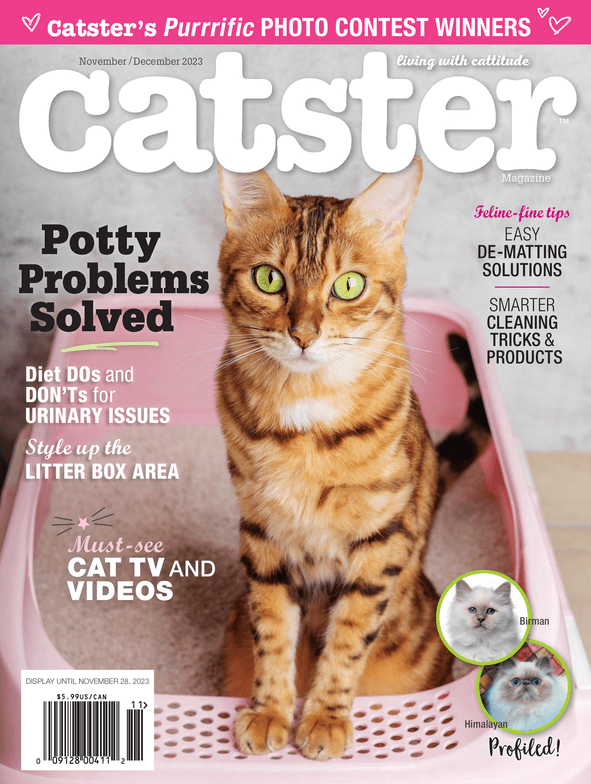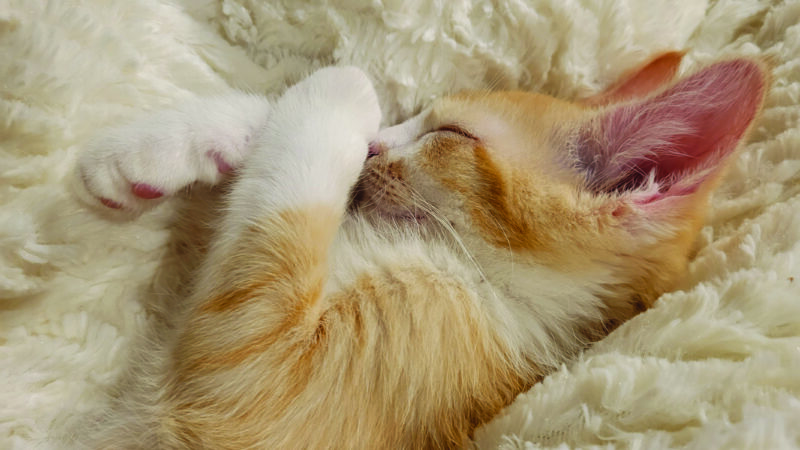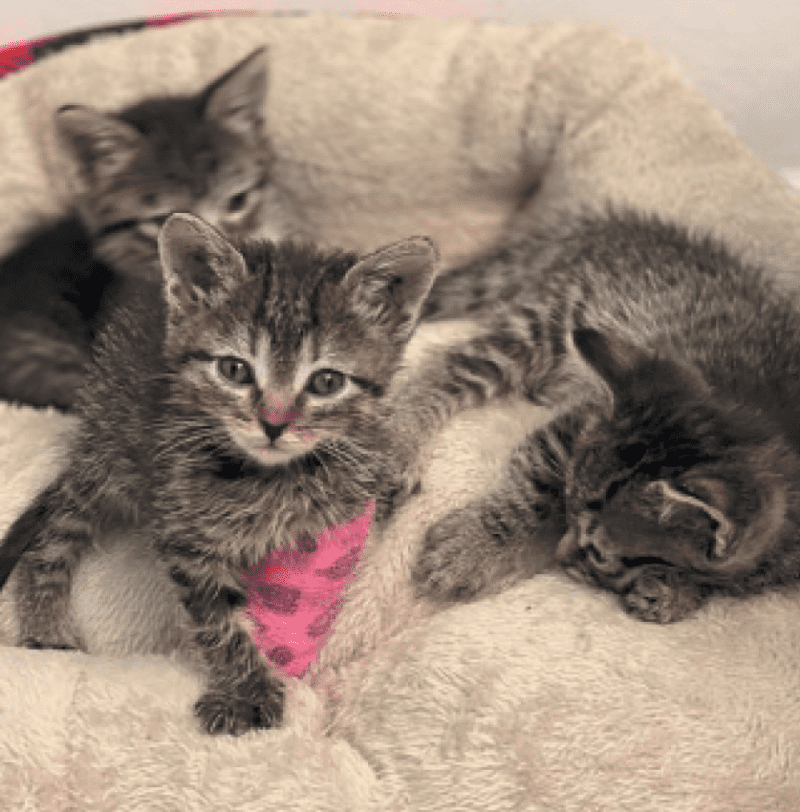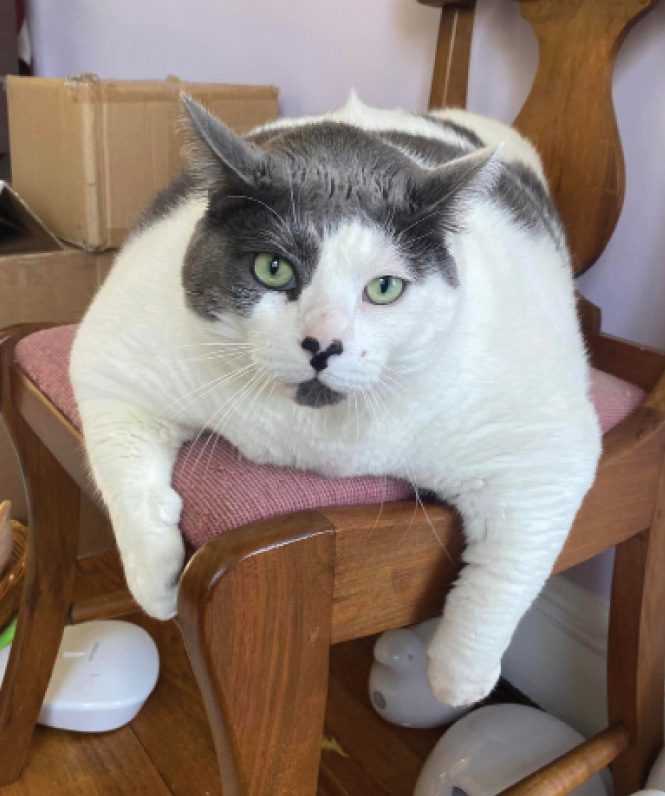As with us humans, there are some things kitty should just avoid. Not every animal reacts the same way to every food item, but we always advise you to do the safest thing for your cat. So, what foods are toxic to cats? Here’s our quick go-to no-no list with a rundown on why these food items are just bad mews.
Can cats have alcohol?
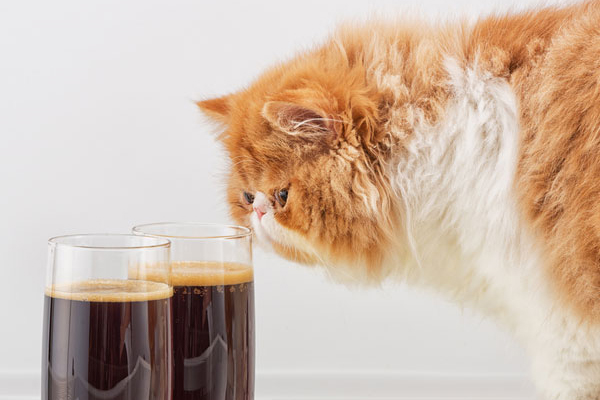
Here’s a not-always-so-great-for-humans item that cats should definitely stay away from, as it can cause intoxication (with just a tiny amount), possibly a coma and even death.
Can cats have bones?
Bones don’t always go down easy and can obstruct or lacerate your cat’s digestive system.
Can cats have chocolate, caffeine and coffee?
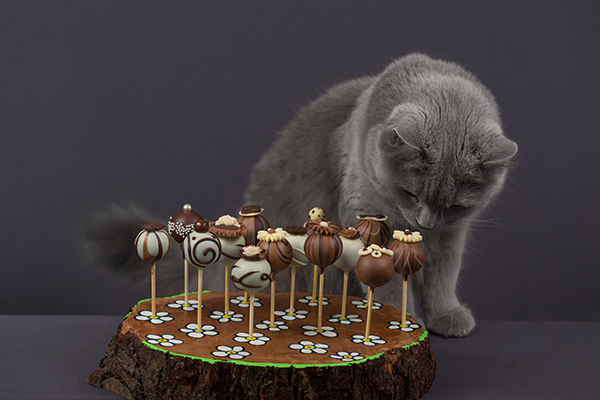
Cats just don’t need the pick-me-up that humans seem to crave, which is a good thing, as stimulants aren’t good for them and can be toxic.
Can cats have citrus and citrus oil extracts?
Cats typically aren’t big fans of citrus. Citrus fruits, particularly the rinds, may cause vomiting and diarrhea. Seeds contain cyanide compounds. Citrus oils can be toxic and cause liver damage.
Can cats eat fat trimmings?
Worst-case scenario: You’re rushing your cat to the emergency vet with a case of pancreatitis. Best case: It can make your cat obese.
Can cats eat grapes and raisins?
These are also food items on the better-to-be-safe-than-sorry food list. Grapes cause kidney failure in some dogs, although we haven’t figured out why yet. Cats have fragile kidneys, so it’s recommended that these are a no-go.
Can cats eat macadamia nuts and nuts in general?
Macadamia nuts are toxic to dogs, so you definitely don’t want them in the house if you have both cats and dogs. Nuts in general have lots of fat and oils, which could cause vomiting or diarrhea, or your cat could choke on them.
Can cats have milk and dairy?
Wild cats eat other animals. They aren’t sitting around lapping up bowls of milk. So it’s no surprise that some of their a-little-less-wild indoor cousins are lactose intolerant. Best to just stay away from this unless you want to clean up diarrhea.
Can cats eat onions, garlic and chives?
Unfortunately, these contain oxidizing agents that can damage cats’ fragile blood cells.
Can cats have yeast dough?
Fermenting yeast is used to raise bread dough. Two problems with this: One, it can cause alcohol poisoning in animals. Two, it may continue to rise in kitty’s nice, warm tummy, causing bowel obstruction.
A bottom line on what foods are toxic to cats:
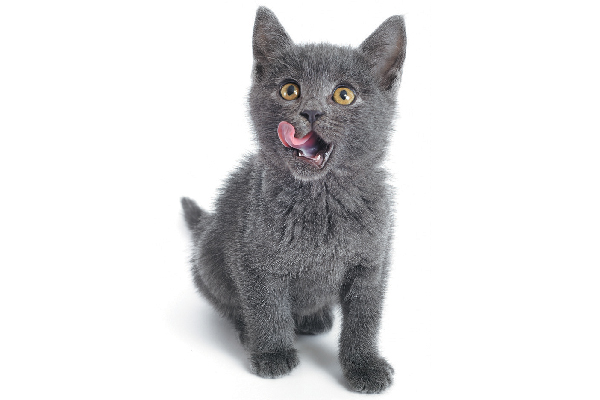
Even if something is not on this list, use caution and concern for items if they have been proven upsetting or toxic to humans or other animals. Also, some items not included on this list may be OK for cats in small quantities but cause issues if fed in larger amounts or over time, just as with any animal.
When in doubt, give your veterinarian a call.
Unsure if something is toxic to your cat?
Call the ASPCA’s Animal Poison Control Hotline, which is always open and staffed. A consultation fee may be charged. 888-426-4435; aspca.org/pet-care/animal-poison-control
Toxic foods to know in multi-pet households
These are items known to be toxic to other pets:
- Avocado: Toxic to some pet birds, plus may cause issues in rabbits and horses
- Grapes and raisins: Toxic to dogs
- Macadamia nuts: Toxic to dogs
- Xylitol: Toxic to dogs
This piece was originally published on May 29, 2018.
Thumbnail: Photography ©GlobalP | Getty Images.
Editor’s note: This article appeared in Kittens, a special issue from Catster magazine. Look for Kittens on a newsstand near you!
Read more about cat food on Catster.com:

